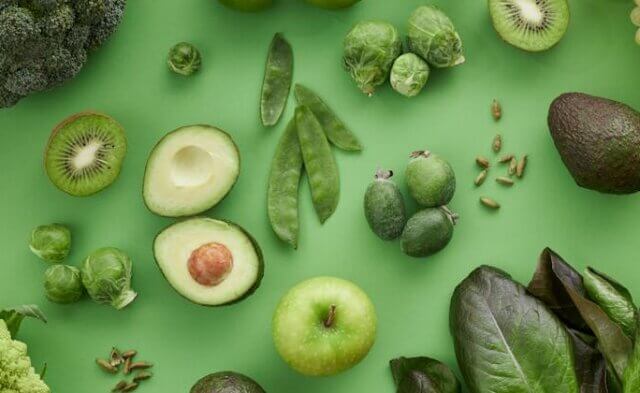 A recent report by the 2015 Dietary Guidelines Advisory Committee has many people wondering if they still need to worry about how much cholesterol they consume.
A recent report by the 2015 Dietary Guidelines Advisory Committee has many people wondering if they still need to worry about how much cholesterol they consume.
The short answer is yes: Dietary cholesterol is still cause for concern.
The relationship between the cholesterol you consume and low-density lipoprotein (LDL) cholesterol (aka “bad cholesterol”) levels in your blood has been understood since the 1950s. Numerous studies have shown that dietary cholesterol raises LDL cholesterol levels in your blood—and high LDL levels are strongly associated with an increased risk of developing cardiovascular disease.
According to Dr. Neal Barnard, president of the Physicians Committee for Responsible Medicine, the Dietary Guidelines Advisory Committee erred in suggesting that dietary cholesterol does not raise blood cholesterol. The fact is that when you consume cholesterol, much of it is added to the cholesterol in your blood, raising your risk of having a heart attack and developing other health problems.
Perhaps what the committee was thinking is that most cholesterol-containing foods have saturated fat as well (which also raises LDL cholesterol), so it can be hard to determine which is the lesser of two evils. It’s a bit like trying to figure out which chemical in cigarettes is the most harmful—the bottom line is that smoking is bad for you.
Dr. Barnard recommends exercising caution with regard to your dietary cholesterol. “The optimal cholesterol intake may well be zero,” he says, citing a 2002 Institute of Medicine report that concluded that dietary cholesterol raises blood cholesterol levels.
Now the good news: It’s easy—and delicious—to have a diet that’s free of cholesterol.
Yes, really.
Dietary cholesterol is only found in animal products. Every time you eat meat, whole eggs, or dairy products, you’re also ingesting cholesterol. And it shows: Although doctors recommend keeping blood cholesterol levels below 200 mg/dL, the average meat-eater’s cholesterol is 210 mg/dL. The average cholesterol level of vegans? 133 mg/dL.
Vegan foods are more than just heart-friendly—they also reduce your risk of developing cancer, diabetes, and obesity, not to mention they’re kinder to both animals and the environment. And plant-based foods can still provide you with all the protein, calcium, and omega-3 fatty acids that your body needs.
Perhaps best of all, vegans can enjoy healthier (and tastier!) versions of all their favorite foods, from mock meatloaf to portobello mushroom steaks.
The bottom line: It pays to avoid animal products. So why not give your heart a break? Take control of your health by going vegan today.




